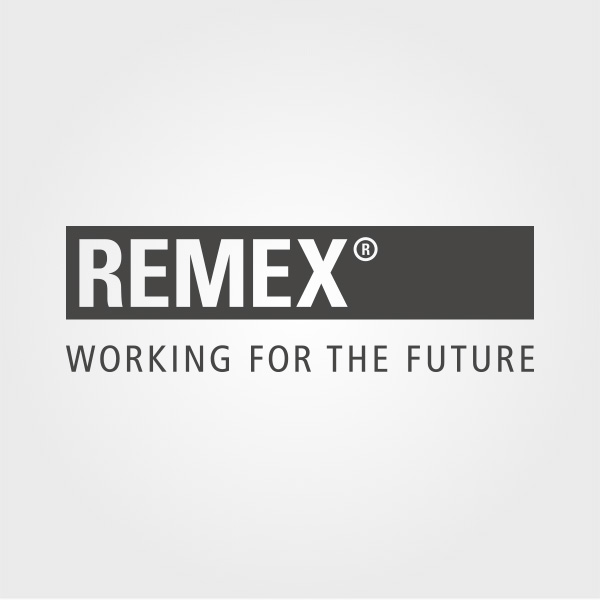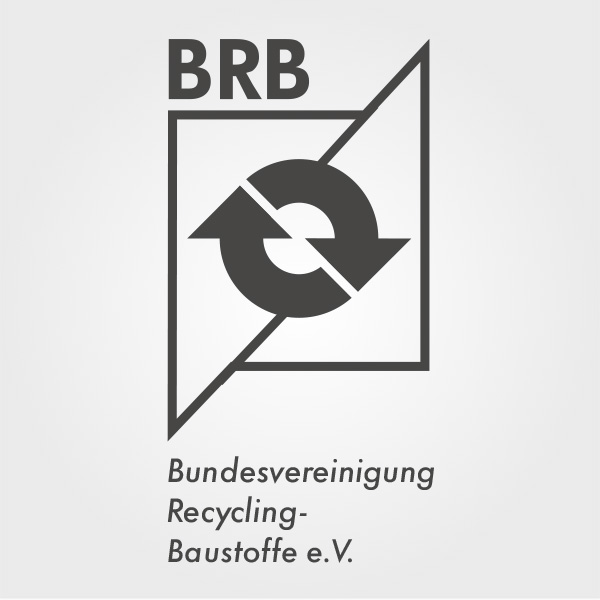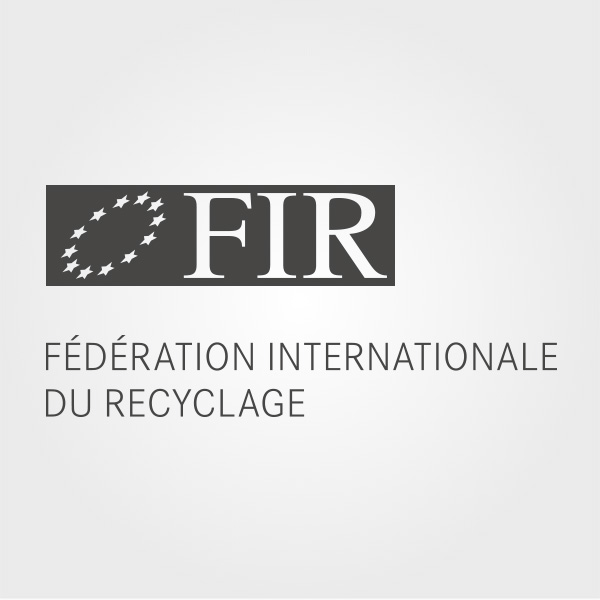Mandates and functions
Chief Executive Officer of REMEX GmbH

Michael Stoll was appointed CEO of REMEX GmbH in 2001 and was involved, among other activities, in the company's transition to the REMONDIS Group.
REMEX specialises in the professional management of mineral waste and the recovery of the resources it contains. The company, which is based in Düsseldorf, is active in both Europe and Asia. The activities of REMEX GmbH cover all areas associated with mineral resource management – from logistics to processing and recycling to subsequent reuse or disposal. The focus is on the production and provision of secondary aggregates and recycled metals, land reclamation, soil treatment, underground stowage, tailing pile recultivation and landfill management. With its recycling activities, REMEX demonstrably reduces the consumption of gravel, sand and natural stone and improves the climate balance for metal production. The company is an international leader in the development of pioneering recycling technologies and is one of the largest producers of secondary aggregates in Europe.
For more information on REMEX, visit the company's website > remex.de
REMEX is a company that I have been closely associated with since its beginnings. REMEX's core business, which focuses on sustainability, goes hand in hand with a high level of responsibility and addresses one of the most important issues of our time. Exploring further options here, developing new business ideas and opening up growth opportunities are particular focus areas of mine.
Michael Stoll
Chairman of the Bundesvereinigung Recycling-Baustoffe e.V. (BRB)

In his position as Chairman of the BRB, which he has held since 2005, Michael Stoll is committed to the interactions of environmental organisations, the construction industry, ministries, and science with manufacturers of recycled construction materials and the recycled construction materials industry.
The return of mineral waste and utilisation of recycled construction materials are elementary for the conservation of natural resources and important components of the circular economy in Germany. The main objectives of BRB are therefore to improve political and regulatory framework conditions for the construction materials recycling industry, and to develop and implement quality standards that are both environmentally friendly and implementable in practice. Moreover, the association aims to increase the use of recycled aggregates and to ensure that the high recycling rates that have been achieved are maintained. In connection with the requirements of the German Secondary Aggregate Directive for the environmentally sound use of secondary construction materials, the BRB advocates a prompt clarification on the question of end of waste for secondary construction materials as well as more public sector commitment in sustainable procurement through tighter amendments to the Waste Management Act (KrWG).
Further information on BRB can be found on the association's website > recyclingbaustoffe.de
The legal obligation to adopt a minimum use quota for recycled construction materials in new products offers significant potential for the circular economy. It is necessary to set the right course here. Alternatively, an incentive of halving the VAT rate for construction materials with a "minimum recycled content" should also be considered.
Michael Stoll
President of the Fédération Internationale du Recyclage (FIR)

Since 2007, Michael Stoll has been President of the Brussels-based Fédération Internationale du Recyclage (FIR), the central association of the European recycling industry for construction and demolition waste and residues from waste incineration.
The FIR was founded in 1991. As a representative for numerous national recycling associations, it works internationally for a sustainable minerals industry. Its main objectives are to consistently increase the recycling rate of construction and demolition waste as well as municipal waste incineration bottom ash throughout Europe. At the same time, the aim is to improve the quality of secondary aggregates – not least through discussions and exchanges across politics, industry and environmental associations. Other focal points include improving recycling rates and promoting quality standards in recycling companies, as well as promoting research, development and standardisation in the field of recycled construction material reuse. In addition, the FIR is committed to reducing mineral waste and promotes partnerships between national associations and companies.
More information on the FIR can be found on the association's website > fir-recycling.com
It is essential to exchange knowledge and expertise on mineral recycling across national borders. Due to the magnitude of the material flows – soil and construction waste being the largest waste stream worldwide – this issue clearly belongs on the international agenda.
Michael Stoll
Further activities
- Member of the Board of Directors of the Federal Association of the German Gravel and Sand Industry
- Member of various supervisory boards/advisory boards of companies active in the recycling industry in Germany and abroad
- VERO – Verband der Bau- und Rohstoffindustrie e.V., NRW, Recycling Section